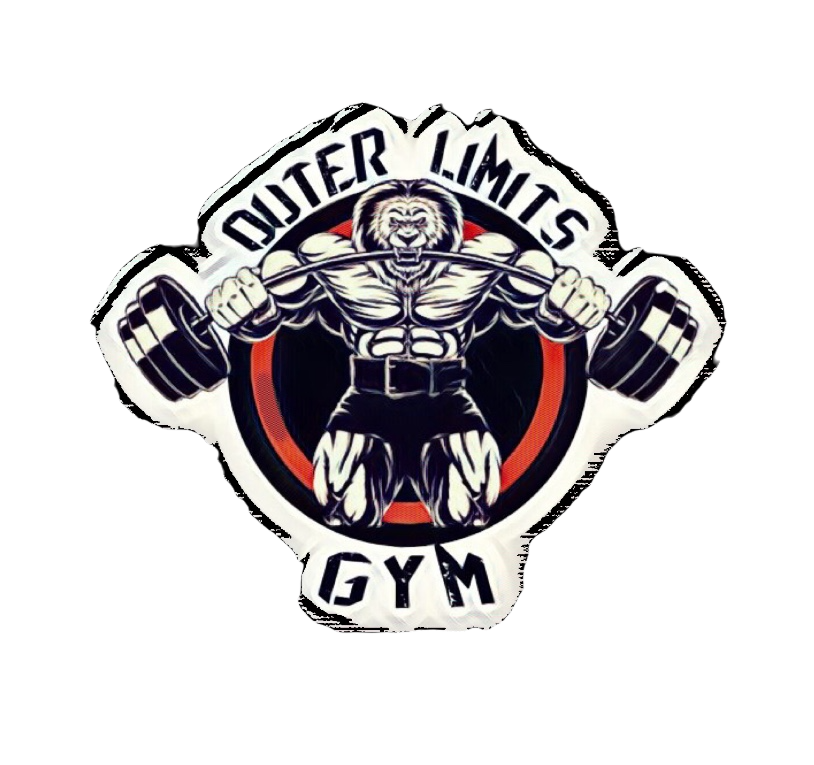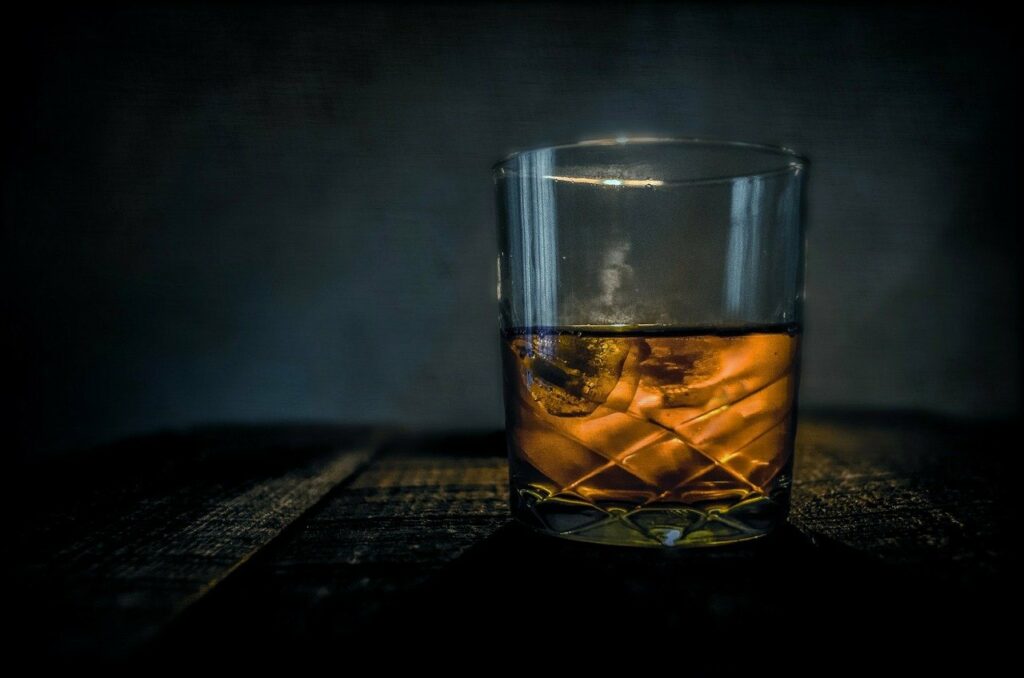If you spend much time in a gym you can count on the topic of alcohol consumption and its effects on muscle building and fat loss to surface at some point. It’s a topic worth considering if you’re working towards a specific body composition goal, or even a health goal.
Alcohol and Weight Loss
Let’s look at how alcohol affects weight loss first, and later we will take a look at how alcohol affects muscle building.
Let’s face it: when you are trying to drop a few pounds of body fat, the last thing you want is for it to take longer than it has to. Most of us want to shed those pounds as fast as we can while still maintaining our health. So what does alcohol do to hinder that process? Can’t we just add up the carbs in each drink and count that in our macros?
To understand how it hinders weight loss we must first understand what alcohol is. Alcohol is not included in the 3 macro groups. It is not a fat, protein, or even a carb. It is categorized as a TOXIN. Because of that, when you ingest alcohol, your body is smart enough to recognize it as a dangerous substance and puts all food metabolization on hold while it deals with the alcohol.
Let’s say you have an evening out with friends and you all meet at a sports bar. You start the night with an appetizer and a beer. You finish that off and drink another beer while waiting on your entree. With your entree, you drink another beer, and maybe another one before you leave. A regular, 12 oz beer contains an average of 153 calories so you have consumed an extra 612 calories on top of your food. That’s not the worst of it. Because alcohol is a toxin, your body puts it at the top of the priority list for metabolization and stores the food away as fat since it is not a dangerous toxin and can be safely kept in the body.
One of the first things people will say is, “But I’m not a beer drinker. I only drink liquor, which has a low carb count so it doesn’t matter, right?” You might not be consuming as many carbs as a beer drinker would but that 1200 calorie meal you just consumed will be stored as fat while your body deals with the low-calorie liquor you downed, thinking you were in the clear. Besides, most people either mix their liquor with sugary drinks or chase it with the same and that can easily surpass your meal in calories and carbs.
The bottom line is….if your goal is to lose fat as quickly and safely as you can, it is best to leave the alcohol alone, or at least abstain from regular consumption of alcohol. Some sources say that it stops fat burning for up to 4 days which will add up fast over time. No one wants to tack on an extra month to their weight loss, just because they chose to drink alcohol.
Alcohol’s Effect on Muscle Building
So now let’s take a look at how having a few drinks several times a week can affect getting the gains that you’re after in the gym.
In a 2014 study, (“Alcohol Ingestion Impairs Maximal Post-Exercise Rates of Myofibrillar Protein Synthesis following a Single Bout of Concurrent Training”) 8 physically active men were put through a series of weight lifting and interval training sessions. Immediately following, and 4 hours post-workout, they were broken into groups with some consuming whey protein, others whey protein and alcohol, and a 3rd group consuming carbs with alcohol. They then took muscle biopsies at rest, 2, and 8 hours post-exercise.
The findings showed that, even when consumed with protein, alcohol reduces the rate of muscle growth. Alcohol consumed with protein reduced the rate of MPS (Muscle Protein Synthesis) by 24% and when consumed with carbohydrates it reduced the rate by 37%. The ingestion of alcohol suppresses the anabolic response of the skeletal muscles, affecting both growth and recovery.
I don’t know many lifters, who, when faced with the decision of reducing their potential for muscle growth by 37%, or even 24% would willingly choose to do so. And yet we have no qualms about downing a few drinks several times a week. In fact, it is quite common following several different races and competitions to celebrate with a pint or two.
Alcohol’s Effect on Recovery and Sleep
It is a well-known fact within the bodybuilding world that adequate sleep is imperative to achieving the best results for muscle growth. Getting quality sleep and enough of it is necessary to build lean muscle mass.
Consuming alcohol hinders this process significantly, even though it is a known depressant. It will initially cause the brain to slow down, having a sedative effect that can induce feelings of relaxation and sleepiness. Yet, consuming alcohol, especially in excess, has been shown to cause sleep disruptions and insomnia. Even though it may cause drowsiness and quick onset of sleep, it often will disrupt the cycles of sleep as the night progresses. Ever wonder why you wake up feeling groggy after a night of drinking, even though you got plenty of sleep? Your sleep cycles were interrupted due to the alcohol your body was processing.
Also, the lack of desire to hit the gym is much greater when your body is feeling sluggish and sleep-deprived. Who wants to go sling heavy weights around when your eyes feel heavy and you can’t think past your bed? You might go ahead and give the gym a go, but chances are, you’re going to feel weaker and much less inclined to push out a solid workout. More than likely you’ll skip the gym altogether and therefore push your results back even further.
It’s fair to say that the majority of those looking to shed body fat or put on lean muscle mass want to do it without setbacks and roadblocks. Consuming alcohol is only going to prolong results in either scenario. If you’re willing for your journey to last a bit longer then, by all means, enjoy a few drinks here and there. But if you’re looking to optimize your results then I would steer clear of the liquid toxin and opt for a healthier choice.
Work Cited
“Alcohol Ingestion Impairs Maximal Post-Exercise Rates of Myofibrillar Protein Synthesis following a Single Bout of Concurrent Training.” PLOS, 12 February 2014, https://journals.plos.org/plosone/article?id=10.1371/journal.pone.0088384. Accessed 20 November 2021.

